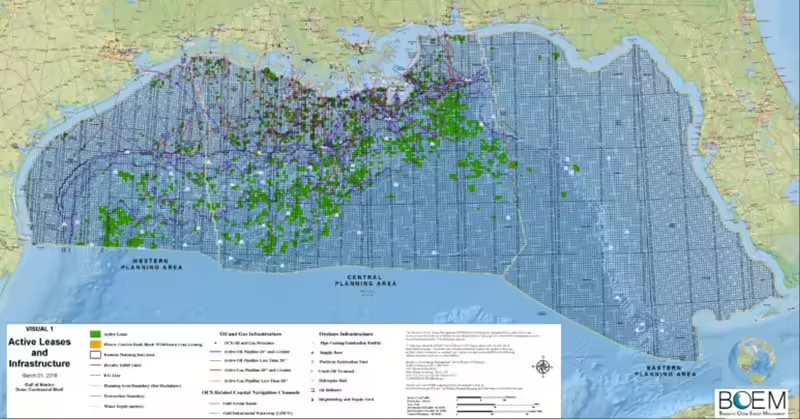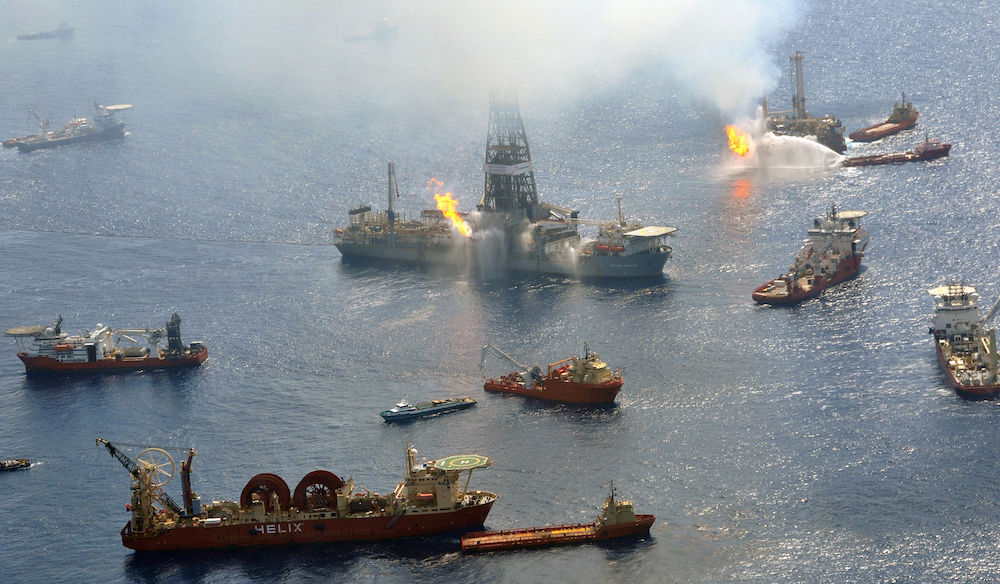Federal Government Rollback Of Offshore Safety Rules Almost Complete
April 13, 2018

Morrow & Sheppard LLP are privileged to represent offshore workers and Jones Act seamen around the country. We follow changes that could impact their safety.
In 2017, the federal government proposed rollbacks of offshore safety rules created following the 2010 Deepwater Horizon (“Macondo”) incident that killed 11 workers. The proposed changes can be found here.
The comment period for the proposed changes closed on January 29, 2018, and more than 60,000 comments were submitted. The rule changes are awaiting final approval. You can check the official status here.
Some argue these changes are needed to reinvigorate an offshore industry that has been decimated since 2015 by falling oil prices. Others argue that the savings, which may amount to as much as $228 million over 10 years, will come at too great a cost, as safety failures will result in offshore injuries and fatalities.
Federal Government Proposes Rollbacks
Among the rollbacks being discussed are the “well-control rule” arising out of Deepwater Horizon (the Macondo Incident). This rule currently requires regular inspection and certification of blowout preventers (“BOPs”).
The government has also eliminated a requirement that safety equipment must be inspected by independent auditors certified by the Bureau of Safety and Environmental Enforcement (“BSEE”). This safety and pollution prevention equipment, called “SPEE,” includes:
- Surface safety valves and actuators (SSVs)
- Underwater safety valves and actuators (USVs)
- Subsurface safety valves including valve locks and landing nipples (SSSV)
Under the new rules, oil companies “should” implement “recommended practices” that are set out by American Petroleum Institute and other industry groups. The policy of allowing the offshore industry to create and self-police its own safety regulations under a “should” rather than “must” standard existed before the Macondo Incident. Many believe such self-regulation contributed to a lax safety environment which allowed explosion to happen.
The government is also proposing to roll back a requirement that well control failures be investigated any analyzed within 120 days. The new rule would require only that the process start within 120 days. There would be no requirement for when the investigation must be completed.
Inaugural Pioneering BSEE Director, Michael Bromwich, Criticizes Proposed Changes
BSEE’s first director, Michael Bromwich, was nominated following the Deepwater Horizon incident.
He has gone on record stating that the “argument that the regulatory burden needs to be lifted . . . is not credible.” He believes that “the rhetoric seems to be moving away from being a tough-minded but fair regulator, and instead being a cheerleader for industry.”
Lillian Espinoza-Gala, a former offshore worker who is now an independent industry safety consultant, has likewise criticized the rollback of offshore safety regulations, noting that the regulations arising out of Deepwater Horizon were “written with human blood” and that the lessons learned from the Incident must not be forgotten.
Current BSEE Director Scott Angelle has argued, however, that the changes are needed. He said “BSEE “There was an assumption made previously that only more rules would increase safety, but ultimately it is not an either/or proposition. We can actually increase domestic energy production and increase safety and environmental protection.”
Critics Argue Rollbacks May Worsen Existing Safety Issues
Several medial outlets, including Forbes, have reported on safety risks posed by the recent rollback of offshore safety regulations.
This is particularly true on fixed offshore platforms, may of which are decades old and in a state of disrepair.
Houston-based operator Energy XXI, for example, has allegedly been cited for workplace safety violations at a very high rate. Its platforms are alleged to have suffered from years of poor maintenance and equipment failures. Morrow & Sheppard LLP attorneys represented an injured offshore worker who alleged to have suffered an injury due to a defective crane tank valve, and won a victory on his behalf at the Federal Fifth Circuit Court of Appeals in New Orleans.
Another company that has been criticized for offshore safety violation is Houston-based Fieldwood Energy L.LC. Like Energy XXI Fieldwood has been cited in crane accidents and a 2014 explosion which killed an offshore worker. Morrow & Sheppard’s offshore injury lawyers won a $1.6 million verdict against Fieldwood in 2018 for an injured offshore mechanic. The jury found Fieldwood had failed to properly maintain the rig’s engines and equipment, causing oil leaks and slip, trip, and fall hazards.
Ridgelake Energy, Noble Energy, Arena Offshore, and Renaissance Offshore have also been subject to criticism.
Jones Act Lawyers Represent Injured Workers
Morrow & Sheppard are privileged to represent offshore workers and their families.
We have offshore accident attorneys who have handled complex maritime law claims and have tried cases governed by the Jones Act and Outer Continental Shelf Lands Act (“OCSA”).
If you have been injured, or a loved one has been killed, working offshore or on the high seas, please calls us at 1-800-489-2216 for a free consultation.
- Home
- |
- Offshore Injury
- |
- Federal Government Rollback Of Offshore...
















































